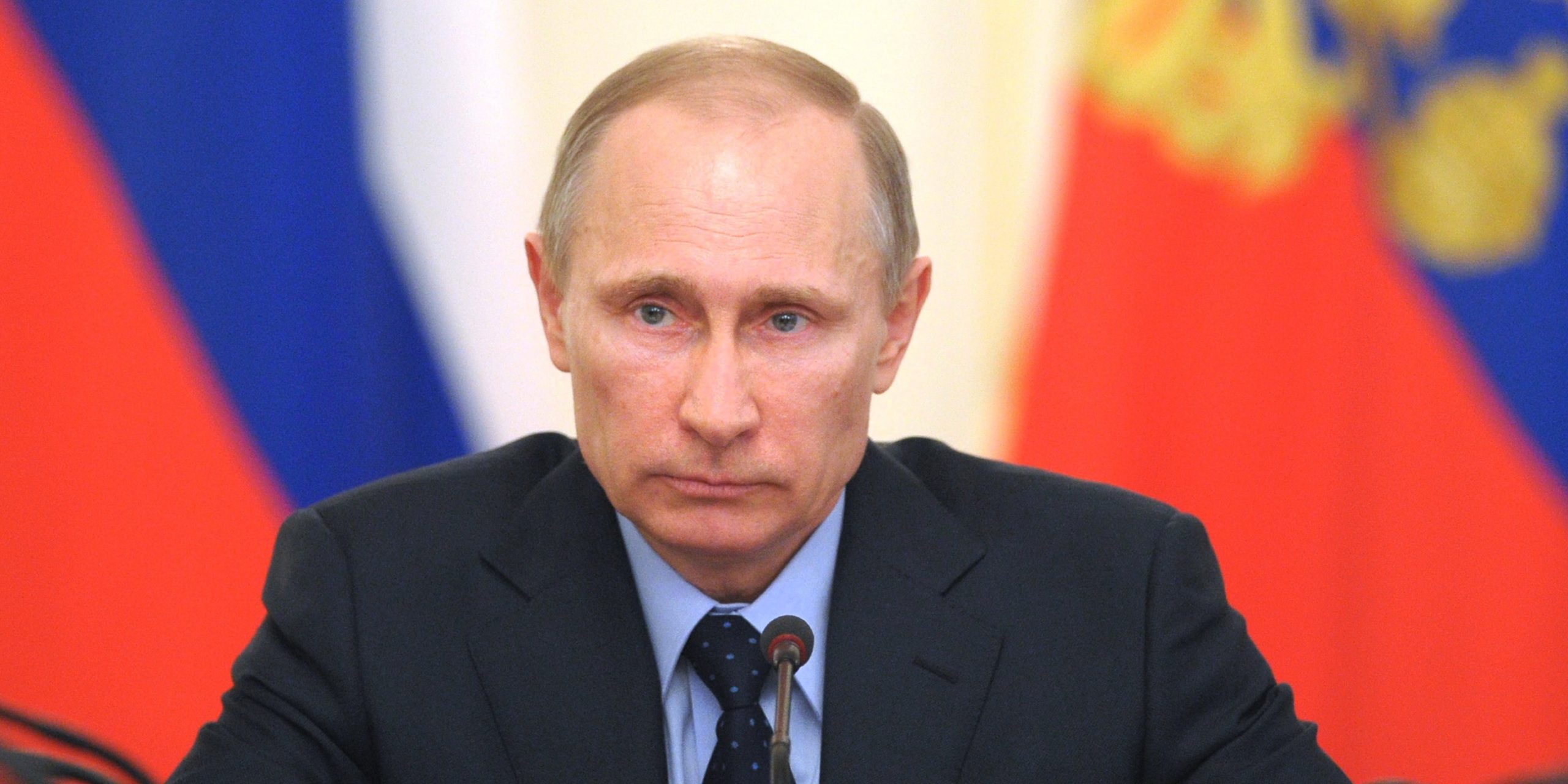
She’s beautiful. Her life has to be perfect, right?
To look at her, you’d think she has it all. She is very beautiful, and there is not a single day that goes by that her image doesn’t appear in VIP or The Star or in an ad campaign. So why is she sitting at home alone on a Friday night with an M&S meal for one and a Downton Abbey marathon on the SkyPlus? She has no shortage of friends, and certainly no shortage of male admirers, indeed all she has to do is walk into any pub or nightclub in Ireland and they’re flocking. But that’s it. They do come flocking, and she can see it in their eyes. The look that recognises her as that girl from that poster/magazine/thing on TV3 and how I’d love to bang her and tell my mates about it. They see a commodity, a mobile bragging right, and she sees they see it too. Last time she gave into a moment of weakness, and woke up in bed with a guy who was pretty fit and seemed pretty grounded, until he tried to take a picture of her whilst she slept. What was even more disturbing was that he couldn’t even see what the problem was, and turned nasty. She’s had boyfriends as famous as her too, and with that came her lovelife as public property and discovering their casual attitude to infidelity on the front of a tabloid as she went shopping with her mother. Her older sister, who didn’t quite inherit the same beautiful gene, loves when she visits, and wants to talk about her glamorous life whilst she, the sister, only has this, pointing at her two kids thrashing the house in front of the telly whilst her boring but loving husband snores loudly in front of the fire after his steak and kidney pie. Her younger niece, approaching ten, is fascinated by her cool auntie and her beautiful photos in ALL the magazines which she cuts out and keeps in a scrapbook. The niece wants to be just like her when she grows up, which is funny, because she increasingly envies her sister and family and yes, even her boring but loving husband.
 *Wrote this before he was elected….
*Wrote this before he was elected….




